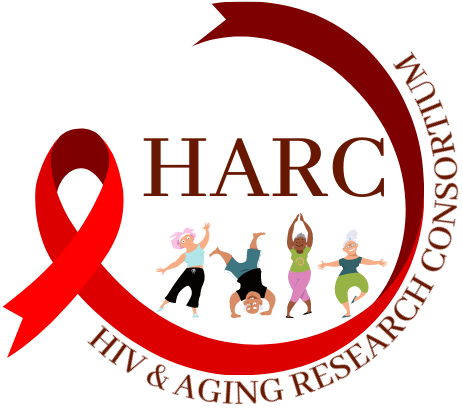List of Ongoing & Completed Projects
Improving the accuracy of sleep detection from ambulatory wearables
This project is made available by a generous gift from a company. The fund will help the PI pursue a prior unfunded research direction to improve the accuracy of sleep detection from ambulatory wearables.
- Sponsor:

- Period: 2024–2025
- PI: Peng Li, Ph.D.
Li Lab start-up fund
This start-up package is established for the PI to successfully initiate his independent research program at MGH. The funding serves to facilitate the expeditious start-up of the research lab, including the support of reasonable expenses such as effort and the PI and other personnel as well as materials and supplies.
- Sponsor:

- Period: 2023–2026
- PI: Peng Li, Ph.D.
Circadian rest-activity rhythms and links with cognitive function in women aging with HIV
The BRI Fund to Sustain Research Excellence (FSRE) will provide support to allow the team to prepare more compelling preliminary results to boost the success of a resubmission of an R01 application that will evaluate circadian rest-activity rhythms (CRAR), the influence of menopause on CRAR, and the association of CRAR with cognition in women living with HIV (WLH) and HIV seronegative women.
- Sponsor:

- Period: 2023–2024
- PI: Peng Li, Ph.D.
Daytime napping and Alzheimer’s disease in middle-to-older aged adults: Timing, irregularity, and interaction with genetic risks
This project will test whether actigraphy-measured napping is cross-sectionally associated with cognition and prospectively associated with incident dementia/AD in a sample of ~99,000 middle- to older-aged participants.
- Sponsor:

- Period: 2023
- PI: Chenlu Gao, Ph.D.
- Mentor: Peng Li, Ph.D. Kun Hu, Ph.D.
Timing and irregularity of daytime napping and Alzheimer’s disease
The proposed study will address two aims: (1) To investigate the relationship of timing and irregularity of daytime naps with longitudinal cognitive decline, and AD; and (2) To determine whether timing and irregularity of daytime naps interact with genetic risks of AD to influence the trajectory of cognitive change and incident Alzheimer’s dementia
- Sponsor:

- Period: 2022–2025
- PI: Chenlu Gao, Ph.D.
- Mentor: Peng Li, Ph.D. Kun Hu, Ph.D. David A. Bennett, MD
Association between rest activity circadian rhythm and cognition in PLWH
The goal of this project is to characterize the circadian patterns in PLWH using a novel data adaptive tool for analyzing rest activity data, examine the association between circadian variations and cognition in PLWH, and explore the potential mechanisms.
- Sponsor:

- Period: 2021–2022
- PI: Peng Li, Ph.D.
- Co-I: Kun Hu, Ph.D. Monty Montano, Ph.D.
Circadian disturbances and cognitive impairment in people living with HIV
The goal of this project is to determine the role of circadian regulation in HIV-associated cognitive impairment.
- Sponsor:

- Period: 2021–2022
- PI: Peng Li, Ph.D.
- Mentor: Kun Hu, Ph.D. Monty Montano, Ph.D.
Circadian regulation, autonomic function, and Alzheimer’s disease
The goal of this project is to determine the roles of circadian dysregulation and autonomic dysfunction in the development/progression of AD utilizing novel circadian and autonomic measures derived from nonlinear analyses.
- Sponsor:

- Period: 2020–2023
- PI: Peng Li, Ph.D.
- Co-I: Lei Gao, MBBS Kun Hu, Ph.D.